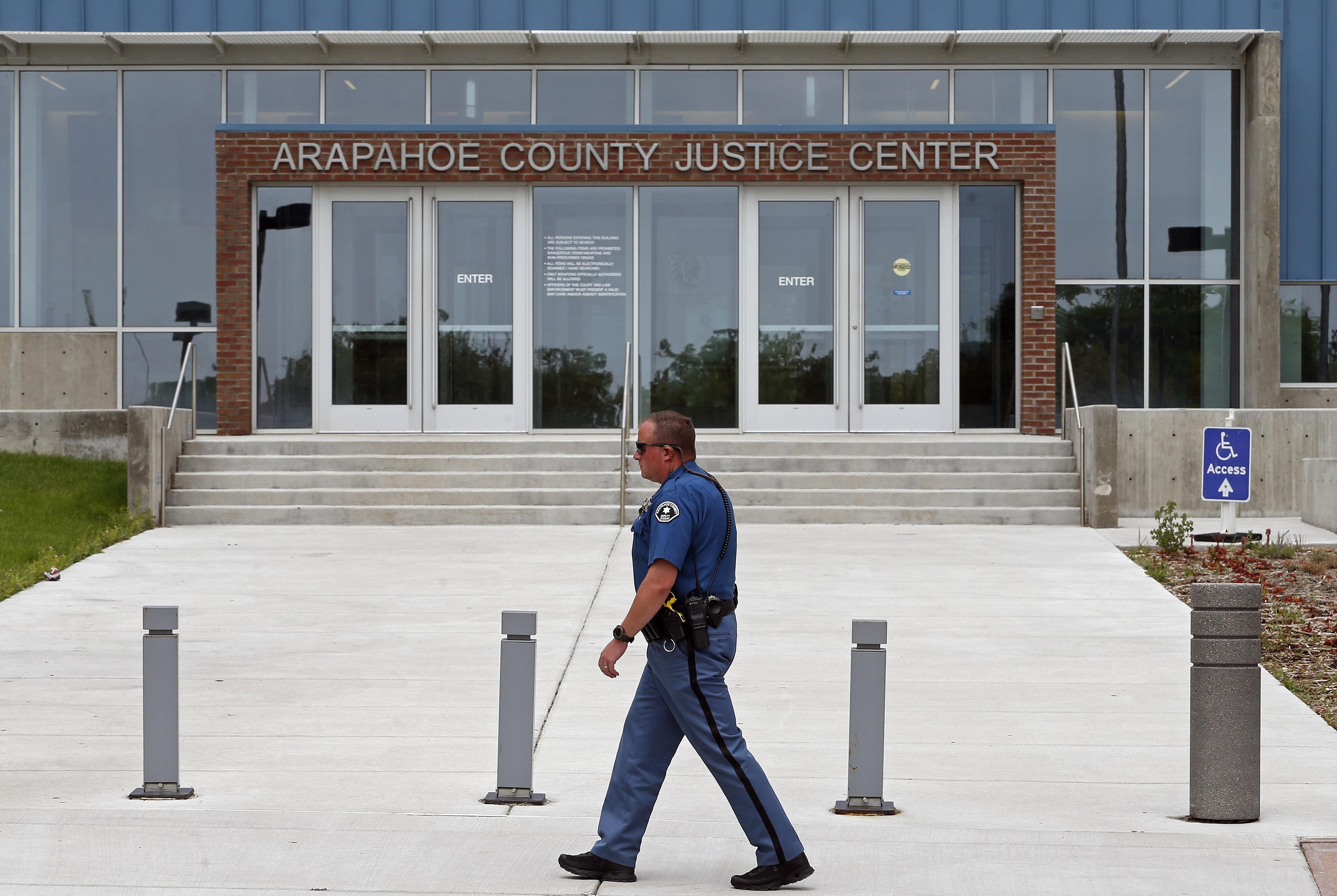
The state is asking voters for approval to move seven district court judges from the 18th judicial district to a newly created district. The 23rd Judicial District was carved out of the 18th district by the legislature in 2020. It will include only Douglas, Elbert and Lincoln counties, while the 18th district would consist only of Arapahoe County, if voters agree to the change in the state constitution.
Amendment D will need to pass with 55 percent of the vote, according to the state’s blue book.
Colorado is divided into judicial districts consisting of one or more counties. Courts in these judicial districts hear both civil and criminal court cases, including felony criminal cases, family law matters, settling of wills after death, and behavioral health cases.
According to the state, the legislature may change the boundaries of a judicial district, or increase or reduce the number of judicial districts.
Here’s the language for Amendment D that you’ll see on the ballot
Submitting to the registered electors of the state of Colorado an amendment to the Colorado constitution concerning judges of the newly created twenty-third judicial district, and, in connection therewith, directing the governor to designate judges from the eighteenth judicial district to serve the remainder of their terms in the twenty-third judicial district and requiring a judge so designated to establish residency within the twenty-third judicial district.
How would Amendment D work?
The constitutional amendment would create a one-time exception to the process of selecting judges, allowing seven judges in the 18th Judicial District — which now includes Arapahoe, Douglas, Elbert and Lincoln counties — to move into a new district in 2025 when the 18th is split into two. The newly created 23rd judicial district will include only Douglas, Elbert and Lincoln counties.
Under the state constitution, district judges serve the term to which they were elected but may serve in another judicial district if the other district encompasses the county of the judge's residence.
If I vote yes? According to the state’s blue book, a “yes” vote on Amendment D would allow the governor to reassign judges from the existing 18th Judicial District to the new 23rd Judicial District by Nov. 30, 2024.
If I vote no? A “no” vote on Amendment D means there could be uncertainty in state law about assigning judges to the new 23rd Judicial District. It could also disrupt normal court functions, the blue book states.
Arguments for Amendment D
While there's no organized opposition against this ballot measure, the state's nonpartisan Blue Book suggests that reasons to vote for Amendment D are because it establishes a smooth transition for the new judicial district and helps avoid the cost of potential litigation. The election guide also states that, due to a lack of clarity regarding whether current state law will ensure the proper seating of judges in the new district, the amendment provides a definitive legal mechanism for the transition. This will prevent the invalidation of rulings resulting from allegations of improper seating of judges, as well as offset costs and address other logistical concerns.
Requiring the Governor to assign judges to the new district in a timely and efficient way also prevents disruptions and delays in casework and court proceedings.
Arguments against Amendment D
Opposition to Amendment D states that this is not the only way to assign judges to the 23rd Judicial District. The constitution and state statute allow for judges to be appointed through a vacancy process or to serve in other districts under certain circumstances.









